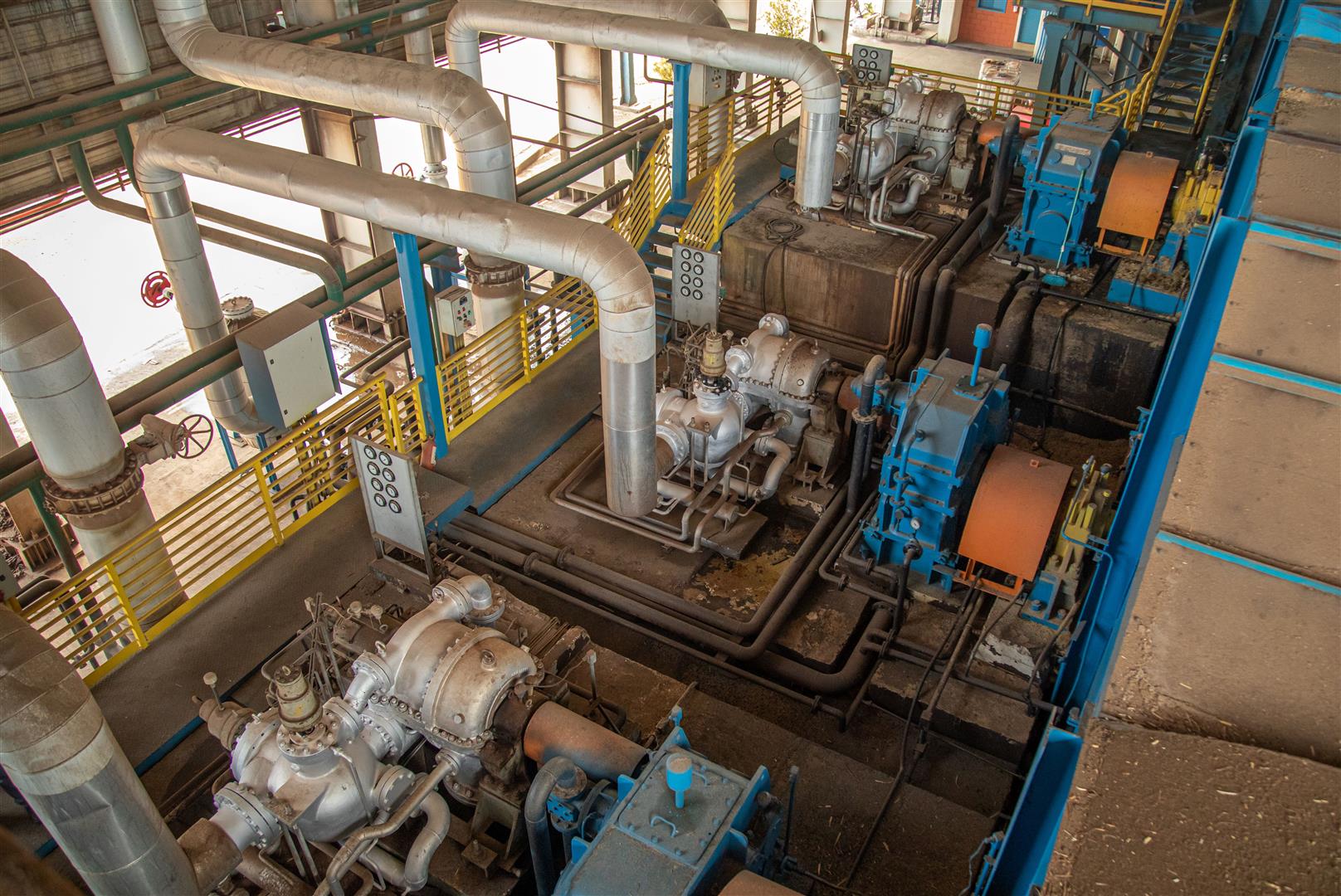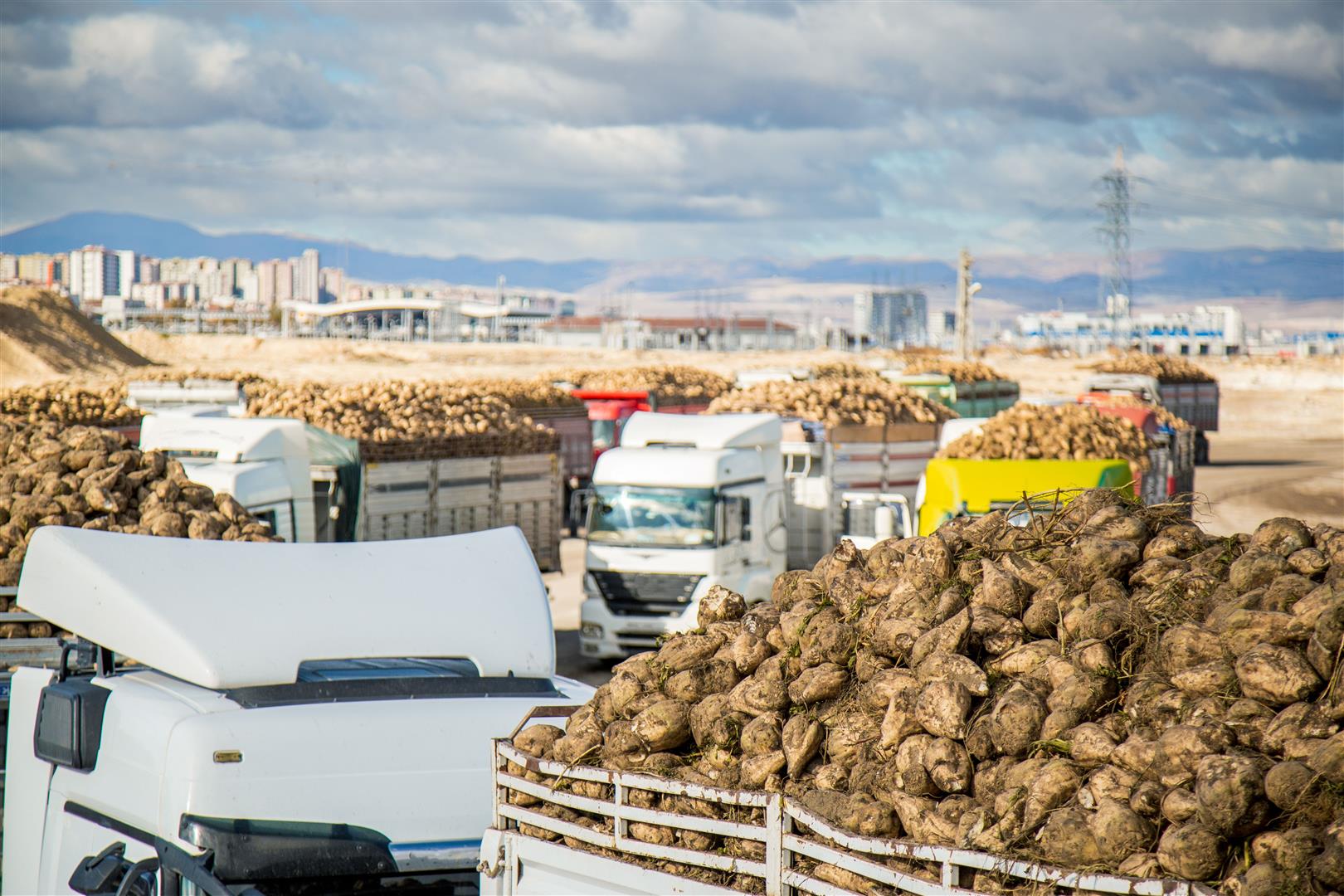
According to the government's goal to make Thailand the Bio Hub of ASEAN or the bio-industry center of ASEAN according to the 20-year national strategic plan (2018-2037), with the Ministry of Industry responsible for determining the bioeconomy development guidelines and preparing 'Development Measures Bioindustry of Thailand 2018-2027’.
Most recently (beginning - late 2022), the Ministry of Industry is in the process of resolving major obstacles such as the amendment of the cane and sugar law so that sugar cane can be used to produce more products than sugar, adding bio-industry activities to the list of industrial factories according to ministerial regulations, accelerating investment in pilot 3 target areas, including the Eastern Economic Corridor (EEC) (Rayong, Chonburi, Chachoengsao), the lower northern region (Nakhon Sawan, Kamphaeng Phet), the central northeastern region (Khon Kaen) to link research to industry, creating a network of biofuels and biochemical industries, which now has 34 researchers and research joint venture companies, creating a network of 125 private companies, and development of 30 prototype biological products, etc.
Bio Industry is an industry that relies on biotechnology in the production of products such as chemicals, food, medicine, animal feed, packaging and is considered a new industry that Thailand has the potential to produce as it is a source of various biological raw materials. These industries will use the country's agricultural products such as sugarcane, cassava, and palm oil to be processed with biotechnology to add value to agricultural products.

For example, if cassava and sugar cane are used to produce bioplastic, it will create value added up to 32 - 110 times and 100 - 220 times depending on each type. It is considered a group of biological products growing according to the demand and direction of world production and is estimated that the bio-industry in the world market will grow on average 13.8 percent per year.
The biochemicals have the fastest growing trend, followed by the bioplastics and the biopharmaceuticals, with interesting bio-products that Thailand has production potential, such as Succinic acid, Polylactic acid (PLA), Lactic acid, 1,4-butanediol, Polyols, Polybutylene Succinate (PBS) and Glycerin.
However, there are currently 30 biochemical manufacturers in Thailand, two bioplastics manufacturers (PBS and PLA) and four biopharmaceutical manufacturers, reflecting opportunities to expand investment in the bio-industry in the country and the large demand for agricultural products as raw materials in the bio-industry. Therefore, it may be an investment channel for the industrial sector for both Thai and foreign investors who have a green heart to consider investing in Thailand.
Source: The National Science and Technology Development Agency (NSTDA)
Tel:+66 (0) 2-564-7000